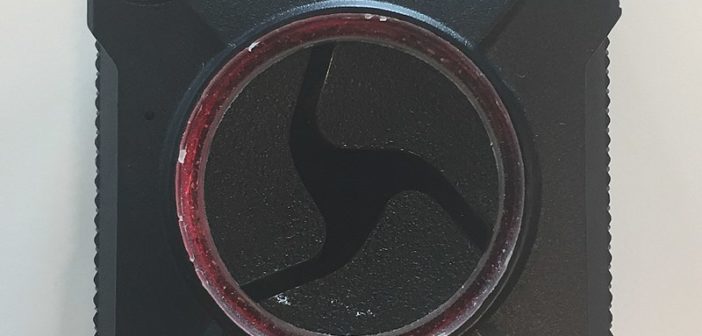By: Jade Bastian
As the use of excessive force and police brutality continue to strike the nerves of many nationwide and within the world at large, video footage has become an integral part of criminal and civil proceedings against police officers.
In some states when an officer conducts a traffic stop, cellphone cameras roll, and their dialog is recorded, usually until the interaction has digressed. Once these videos are uploaded onto social media, it usually sparks public outrage, and people begin to question the actions of the officer.
A two-sided view then becomes an integral part of understanding the situation. Some rely on dashcam footage or recordings from civilians, but many questions what comes from the officer’s direct point of view prompting them to make the decision. There are police departments that utilize body cameras, but with constant complaints of citizens against the police officers about injustices, this evokes a critical question: should all police officers wear body cameras?
Body-worn cameras are a technological adaptation by law enforcement to record interactions with citizens while on duty. These devices have been adopted by police departments across the world. However, its impact on the relationship between the government and citizens have still yet to be seen. As citizens regularly record police inappropriately using force and abusing their authority, a logical solution would be to attach cameras onto all officers in order to create the awareness that the world is watching from every angle, thereby, improving policing.
It is discomforting to have a lack of trust in those who are entrusted to protect us, but attaching a camera on every officer does not guarantee better policing if the individual officer is not abiding by the law. Many persons were raised in various types of homes. As a result, certain values are priorities over others.
Some officers are lenient when laws are violated, or even exercise patience in volatile situations which is to be applauded. However, there are police officers that make thoughtless and fatal decisions, haphazardly and outside the parameters of the law.
There are many counter-arguments against the use of body cams, which include the re-victimization of victims of sexual and domestic violence. For instance, it makes those victims who are already feeling “violated, exposed and vulnerable” more distressed by the presence of officers recording them.
Other classes of victims may experience further traumatization from the presence of cameras including children, individuals living in the country without documentation, probationers and parolees. Even the families of those killed during police-involved shootings find themselves feeling oppressed by body cameras. Additionally, camera footage could be shared to discredit victims, shared with employers and probation and parole officers if it depicts illegal and embarrassing images, and even used to attack victims on social media.
Another issue that arises is the reasonable expectation of privacy that derives from the Fourth Amendment. Body-worn cameras seem to pose “particularized dangers to victims because of the boundaries they are able to cross, and it brings state surveillance into homes and private spaces, often during what is already the most horrific, vulnerable point in someone’s life.” Everyone is entitled to a reasonable expectation of privacy, but with body-worn cameras, there will be little to none especially in public. However, the instance of calling the police officer into your home permits an invisible waiver of privacy to be signed.
Moreover, the main purpose of the body cameras would be to provide evidence of abuse of authority on an officer’s behalf, and it serves to provide a “true” depiction of how a lawful stop perhaps escalated into something dangerous. Additionally, it can be beneficial to those officers and police departments who have attained a bad image because of the actions of rogue police officers under their remit.
Altogether, there would be policies provided for the use of the body cameras depending on a specific department. Despite the complications and exhaustive arguments concerning confidentiality and legal proceedings for recording police interactions, video recording serves both the public and the agency.





